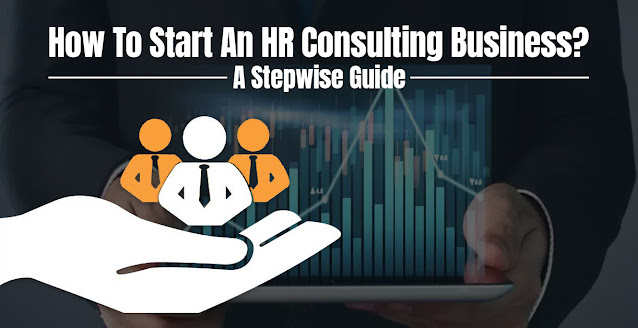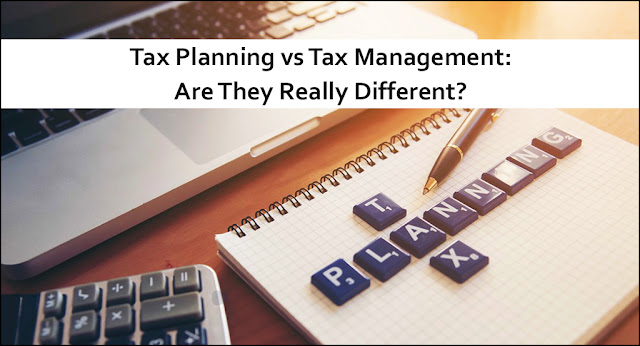Know It All About HR Outsourcing Agreement And Transition
Cost-saving and freeing human resource professionals to focus on major issues are two significant reasons several organizations prefer to outsource HR functions. The job of HR professionals is to identify the best outsourcing solutions from companies and guide them through vendor selection.
In the following paragraphs, we will try to understand more about key factors for developing an HR outsourcing agreement and transition in an outsourcing relationship. But before jumping directly to these topics, let us discuss more HR outsourcing.
What Is HR Outsourcing?
In simple words, the process in which human resource activities of a company are outsourced to a company that specializes in human resource functions is known as HR outsourcing. There are numerous benefits of outsourcing HR to a third-party vendor; the biggest advantage is that it lets other employees focus more on the core competencies of the organization.
HR functions are considered quite complex and time-consuming as they create problems in managing the company’s major thrust areas. By opting for HR outsourcing services, such issues can be avoided. Furthermore, it will increase the productivity and effectiveness of the company. Studies reveal that small to medium-sized firms outsource HR functions with around 25 to 1500 employees. However, many big firms are outsourcing these services.
There are several HR outsourcing companies out that help meet the HR requirements of an organization. Some companies are generalists who offer a wide variety of services while some are specialists concentrating on certain areas such as payroll, recruitment, and many more. Companies either outsource the entire or certain HR functions.
Full Blog:- https://hrmbassociates.com/all-about-hr-outsourcing-agreement-and-transition/



Comments
Post a Comment